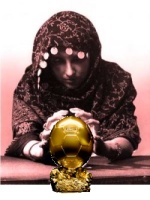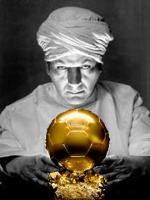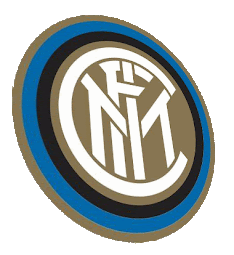FIRST HALF
It's going to take place on Atatürk Olympic Stadium, among Inter Milan and Manchester City.
In order to have a slight advantage over my friends, I'm looking online for some fortune-tellers specialized in sports themes, so they predict me which team will be the winner.
And these are the options I've found:
1 – Tess the e-Guess: hits 80% of the time; the consult costs 10£.
2 – Saffir the Seer: he has a percentage of 60% hits, and seeks 5£ per consult.
3 – Pierre Neverhitsanything: hardly charges 1£ per visit, and his percentage of hits is 10%.
 |
| Tess the e-Guess |
 |
| Saffir the Seer |
 |
| Pierre Neverhitsanything |
SECOND HALF
Finally, I’ve decided to call my good fellow Joe Vitruvius, who has come home immediately in order to help me.
I suppose you've thought that you might be worth talking to Tess, because, although she’s the most expensive fortune-teller (10£), she also ensures a higher success rate – Joe says.
 That’s true. I thought that if I make a high bet, I'll be compensated for the higher cost of the query.
That’s true. I thought that if I make a high bet, I'll be compensated for the higher cost of the query.Do you remember when we studied Probability?
Uff, just a little.
Well, we should refresh our memory a bit. Let’s see. We have that we can calculate the probability of an event as the ratio between the favourable cases by the total possible alternatives we can have.
Yes, I can remember this.
Here we get the example of Pierre Neverhitsanything. You told me that he has a rate of success of about 10%. Do you know exactly what this means?
Yes, indeed. That means that if he makes 100 predictions, he will guess 10 of them.
OK. In mathematical terms, we would say that if we define the event A=”to hit the forecast”, we get that the probability of the event A is P(A) = 10% = 0.1
Now let’s see the probability that Pierre fails with his prediction.
 It’s easy. It will be 90%.
It’s easy. It will be 90%.That's right. One of the basic properties of the Probability theory, states that for one event (A), the probability of its opposite or complementary event [written as P(not A) or P(A')] is equal to 1 minus the probability of A:
P(A')= 1 – P(A)
In our case, if we set A’=”to fail the prediction”, then P(A’)= 1 – 0,1 = 0,9 = 90%. And we’ve just solved the problem. We need no more data to know which fortune-teller is the best choice we can take.
I don’t understand it. What do you mean? I can’t see the relation between this formula and the choice of the best fortune-teller. We should bear in mind the costs of the queries. The formula should be more complicated.
Nevertheless, in this case, the cost of every option is completely irrelevant for the problem's resolution. You must realize that we only want to know the winner, not the final score.

So, it's so simple as to consult Pierre Neverhitsanything, listen to what he says, and do just the opposite. That way, we'll get a chance to guess the winner of 90%. And moreover, at a much cheaper price than the other two soothsayers!
If you like this story, don't hesitate about sharing it with your friends through the links above. And you can see much more stories about math and football on the links on the left side.





